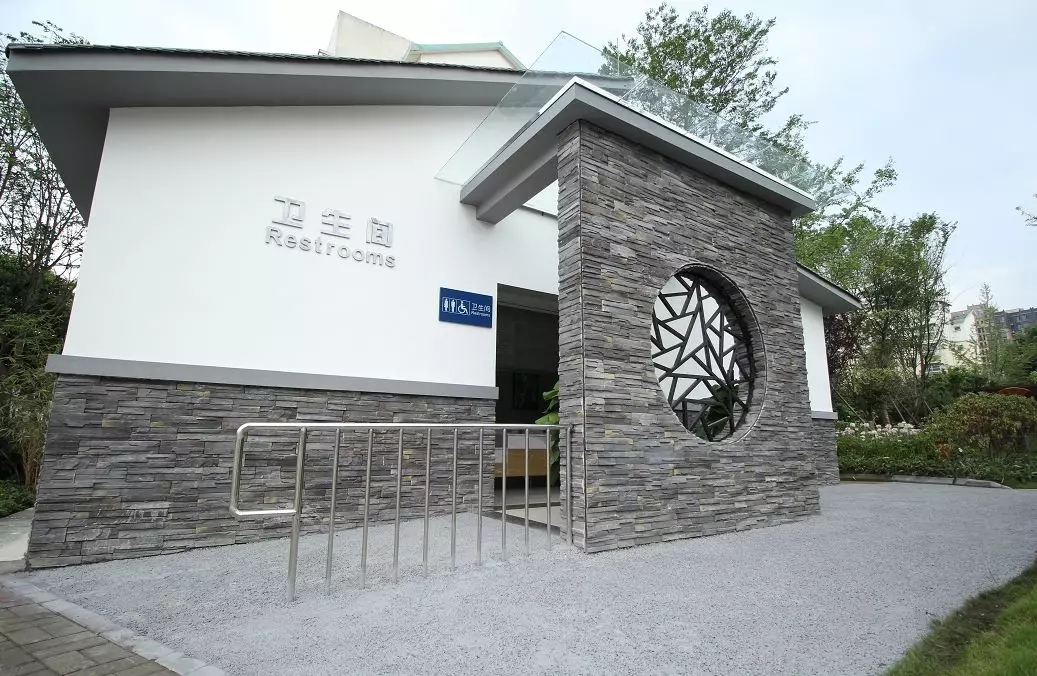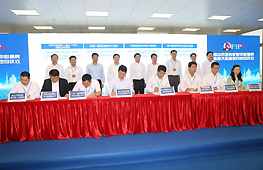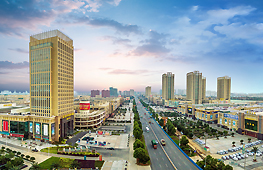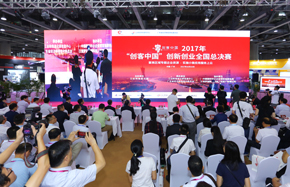'Toilet revolution' in Chengdu cleans, regulates public toilets
 |
|
A newly built public toilet in Chengdu, capital of Sichuan province [Photo provided to China Daily] |
Chengdu, capital of Sichuan province, is striving to stage the so called “toilet revolution” in an attempt to improve hygienic standards of public toilets across the city, according to a government meeting chaired by Mayor Luo Qiang on Thursday.
"'Toilet revolution'" is by no means a trivial matter," Luo said," It is bearing on the vital interests of the citizens, and it is related to the satisfaction of tourists with our city and the degree of civilization of the entire city."
Progress has been made in recent years in the planning and construction of public toilets in the city's urban and rural areas, as well as its scenic spots, according to the Chengdu urban management committee.
Information on the 1,878 public toilets in the city can be easily found through the Chengdu Geographic Information Public Platform and the Chengdu Urban Management APP.
Seven hundred and twenty of the public toilets are open 24 hours, and 350 are equipped with toilet paper, hand soap and hand dryers. Urban parks, A-level tourist attractions, star-rated farmhouses, country hotels, and some public hospitals and gas station toilets are also equipped with toilet paper and hand soap, but use paper towels instead of dryers.
"There are still problems to be solved and work to be done," the mayor said.
According to the meeting, the city will further standardize the management of public toilets, improve hardware construction and service standards for urban and scenic public toilets, and speed up transformation and upgrading of rural toilets.
It will also scientifically and reasonably set the proportion of toilet seats for men and women, and accelerate improvement of the supporting facilities for public toilets.
This year the city is scheduled to install 200 toilets and upgrade 500, according to the Chengdu urban management committee.
The further goal is to build 800 toilets and upgrade 1,500 in the city by 2020, and upgrade all pit toilets in rural areas.





















